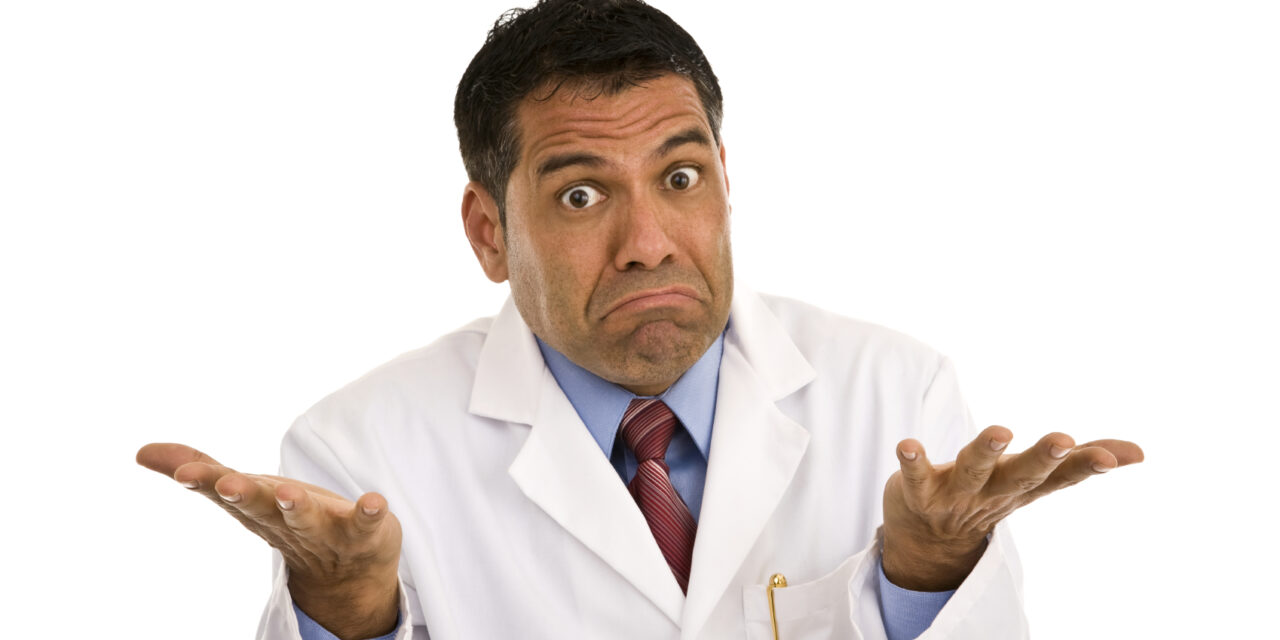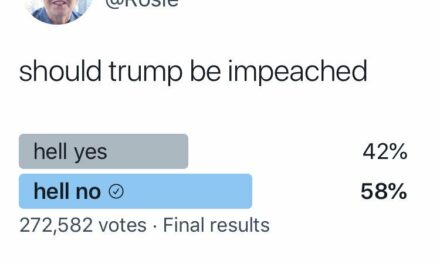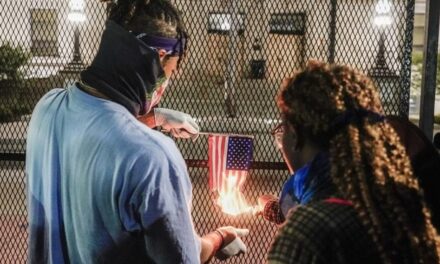Nearly $6 billion has been allocated. Clinical trials are entering a crucial third phase, and Operation Warp Speed is getting closer to the goal of delivering 300 million doses of a COVID-19 vaccine by January.
But when Americans line up for their immunizations, the vaccine they receive might not be what they expect. The popular notion of a vaccine — a shot in the arm that prevents diseases such as measles, polio or shingles for years or a lifetime — may not apply.
Under recently released federal guidelines, a COVID-19 vaccine can be authorized for use if it is safe and proves effective in as few as 50% of those who receive it. And “effective” doesn’t necessarily mean stopping people from getting sick from COVID-19. It means minimizing its most serious symptoms, experts say.
“We should anticipate the SARS-CoV-2 vaccine to be similar to the influenza vaccine,” said Dr. Kathleen Neuzil, director of the Center for Vaccine Development at the University of Maryland. “That vaccine may or may not keep people from being infected with the virus, but it does keep people out of the hospital and the ICU.”
Even with expectations scaled back, the development of a vaccine against a virus that no one knew about seven months ago is considered remarkable. One assessment calls it “the compression of six years of work into six months.”
Of the more than 150 vaccines in the works worldwide, Operation Warp Speed has identified 14 “promising candidates.” (A vaccine being developed by El Segundo-based ImmunityBio, headed by Times owner Dr. Patrick Soon-Shiong, is among the 14. It has not yet been tested in humans.)
Of those 14, seven have been designated as front-runners, including three whose early clinical trial results have undergone independent evaluation.
The vaccine being developed by Moderna and the National Institutes of Health was deemed “promising” in an editorial published in the New England Journal of Medicine, and two studies in the Lancet delivered a similar message for vaccines being developed at Oxford University and by the Chinese company CanSino.
These vaccines have induced an immune response in people participating in early tests, but inducing an immune response does not always mean success in fighting a disease. For instance, scientists recently developed a vaccine for another respiratory virus that increased antibodies but failed its Phase 3 clinical trial.
While there is no way to predict what lies ahead, experts say, the first round of COVID-19 vaccines will likely not eliminate the need for other public health measures, such as masks and social distancing.






Recent Comments